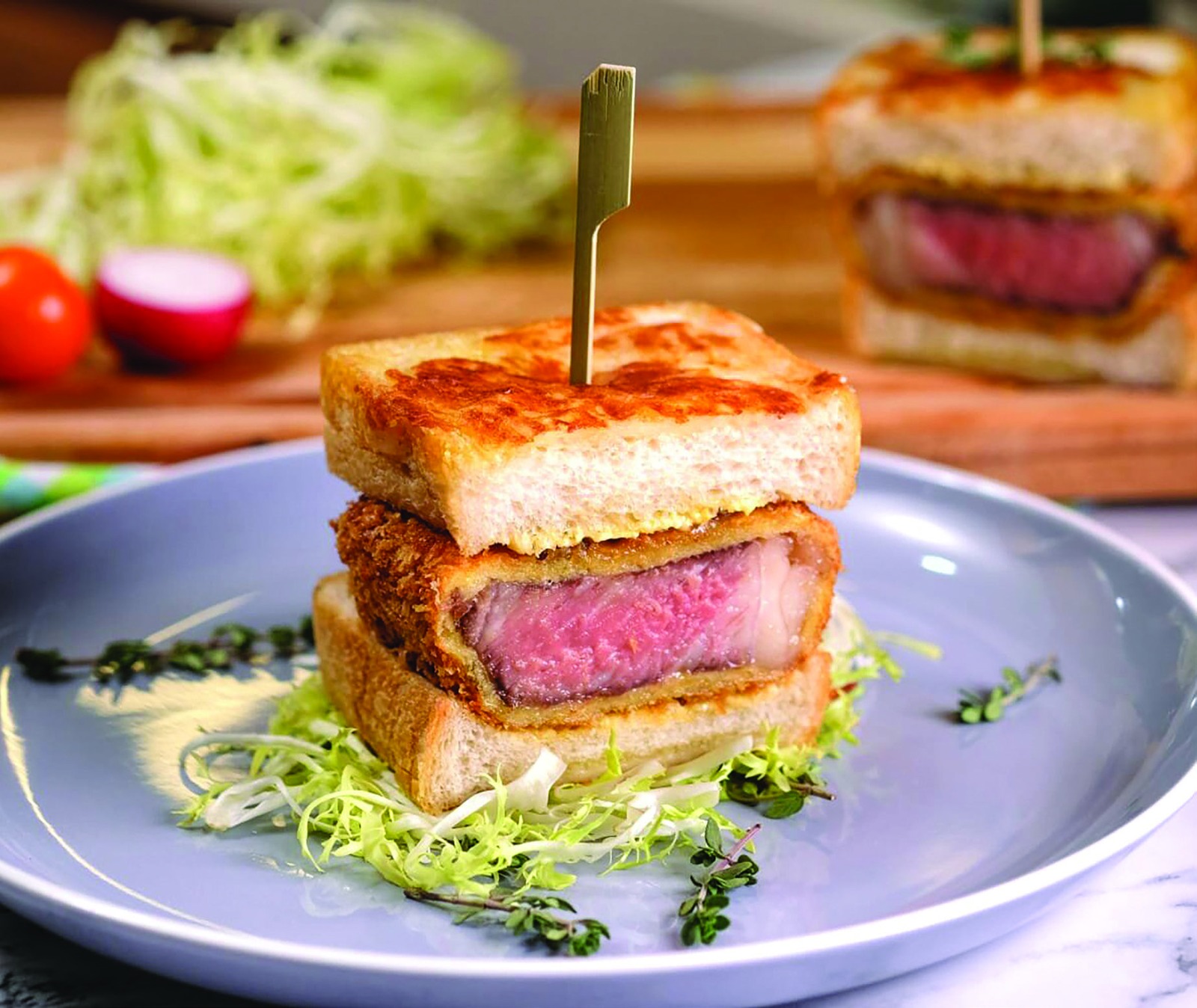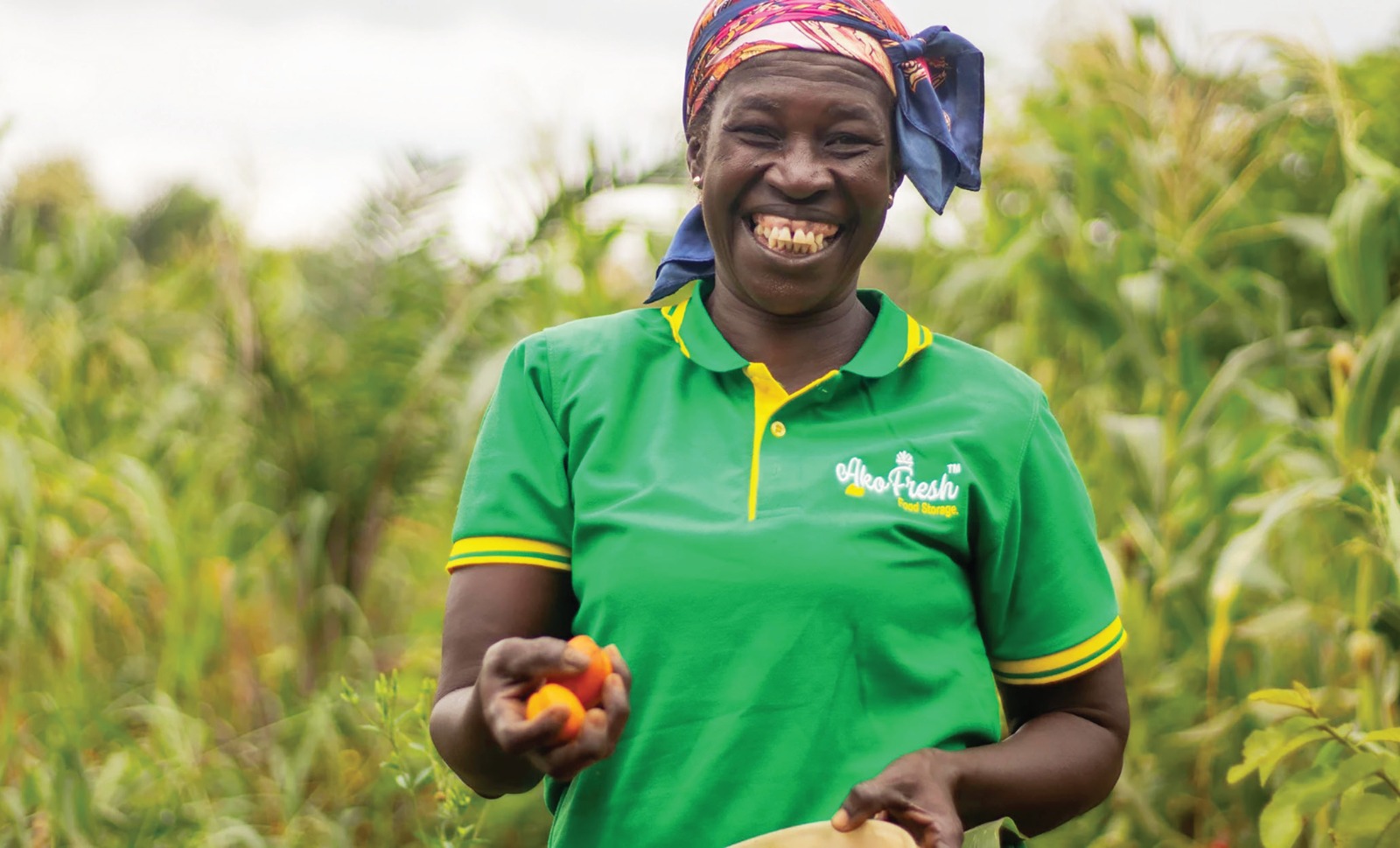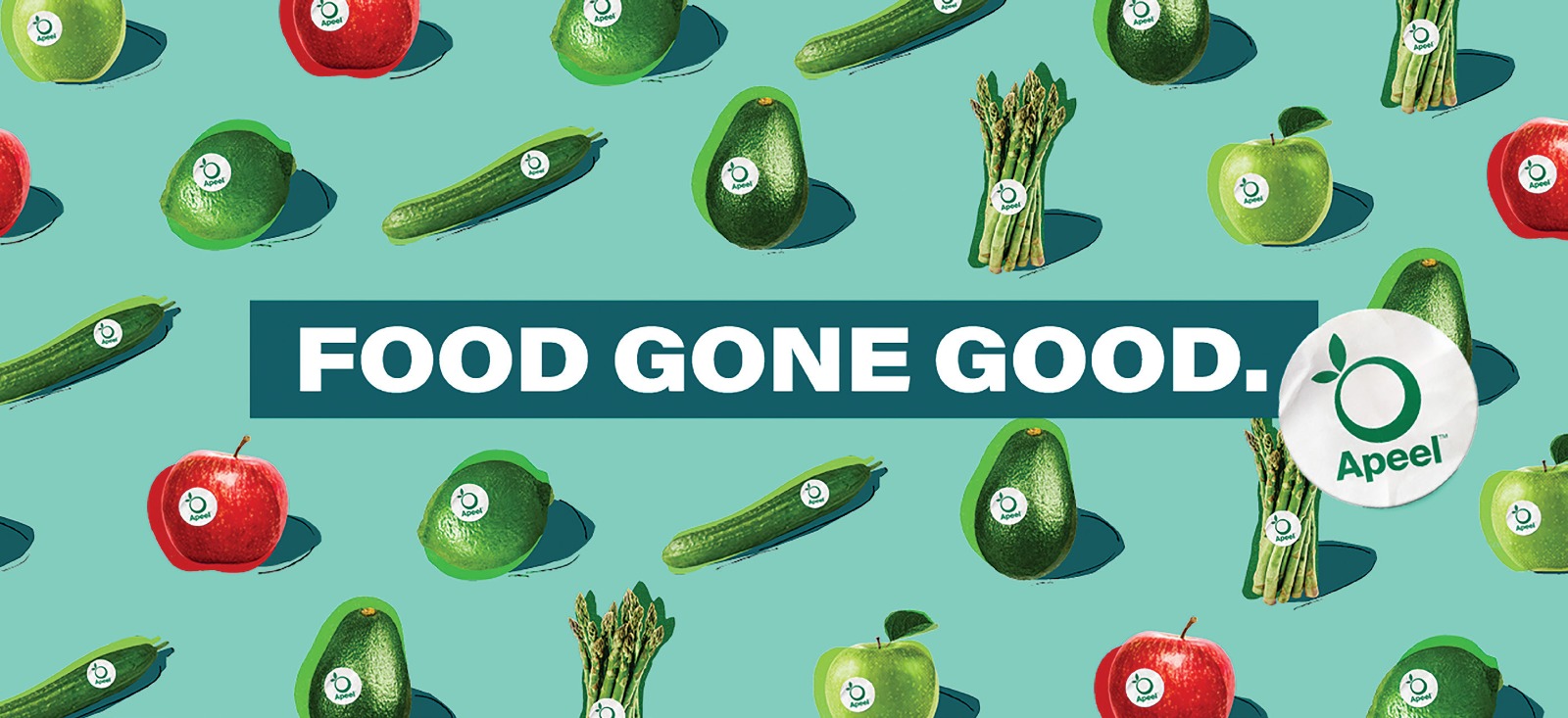- ABOUT US
- INVESTMENT FUND
- PARTNERSHIP SERVICES
- IMPACT INITIATIVES
-
SPACES
- HONG KONG
- Co-working space
- Event Space
- Prototyping Lab
- LONDON
- Co-working space
- Event Space
-
FABRICA X
- HONG KONG
- LONDON
- Subscribe
Avoid: Prevent Waste At Source
A large portion of the 1.3 billion tons of food currently going to waste is the result of improper storage. Research conducted by the “Waste & Resources Action Programme (WRAP)” showed that every additional day of shelf life can save up to 200,000 tons of food from being wasted every year.
(Image Courtesy: Unsplash)
Read More
00
Introducing The New Technology
The first step in reducing food waste is to avoid spoilage, and extending the shelf life of food is one aspect of waste reduction. Traditionally, methods of food preservation include using preservatives as well as pickling, drying and canning. However, these methods not only change the taste of the food, but would also cause the loss of its nutrients. Fortunately, with the latest storage and packaging technologies, we can extend the shelf life of vegetables, fruits and meats, and in some cases, even reduce carbon emissions.
These technologies each has its own characteristics. Some extract natural preservative coatings from vegetables and fruits and spray or apply them on the skins of other produce to preserve their freshness. Others make use of new types of cold storage powered by renewable energy to prevent agricultural products from rotting. Another more revolutionary technology makes use of packaging materials and vacuum packaging to keep meat fresh at room temperature for up to two years without any loss in taste and nutrition.

01
IXON Food Technology
Advanced Aseptically Packaged Food That Can Be Preserved At Room Temperature For Up To Two Years
Prior to the 21st century, the only way to store meat for a long time at room temperature without spoilage was by canning, which has been one of the most common ways to preserve food over the past hundreds of years. However, in 2015, Hong Kong startup IXON Food Technology developed a new technology called advanced sous-vide aseptic packaging (ASAP) that uses separate procedures to sterilize meat, sauces, and packaging containers. Using ASAP, meat can be kept fresh at room temperature for two years or more – greatly reducing the chance of spoilage during transportation, as well as saving energy used in storing them properly. IXON Food Technology plans to set up a factory in Australia, which is expected to be in operation by 2023. Co-founder Dr. Felix Cheung shares how this revolutionary technology can greatly alleviate the problem of food waste.
(Image Courtesy: IXON)
ABOUT IXON
IXON was chosen as
- Entrepreneurship World Cup Hong Kong division winner and one of the top 25 startups to participate the Entrepreneurship World Cup Global Finals
- Top 100 Global Startup of SLINGSHOT2021
- Community Prize winner at “Techstyle For Social Good 2020” International Student Online Competition
What Exactly Is Advanced Sous-Vide Aseptic Packaging (Asap)?
I have been researching meat sterilization and packaging technologies with my university classmate Elton Ho since 2015. The name for this technology is advanced sous-vide aseptic packaging, or ASAP for short. Simply put, bacteria can only exist on the surface of meat and if the meat is treated at a high temperature of 160 degrees for 30 to 60 seconds, the bacteria on the surface, including bacterial spores, will be killed. There may still be parasites inside the meat, which can be eliminated by cooking at a low temperature of 60 degrees for two hours. Liquids such as oils and sauces are sterilized by treating them at a high temperature of 160 degrees for 7 to 8 minutes, while the transparent packaging materials are sprayed with atomized hydrogen peroxide to kill germs. Hydrogen peroxide breaks down into water and oxygen within a short time without producing harmful residues. Finally, the meats and sauces are vacuum-packed, and all the above-mentioned processes are carried out in a dust-free clean room. We have conducted experiments for the past three years and have determined that this technology can keep meats fresh and nutrients intact for up to two years.
“We Have Conducted Experiments For The Past Three Years And Have Determined That This Technology Can Keep Meat Fresh And Nutrients Intact For Up To Two Years.”
How Can This Technology Solve The Problem Of Food Waste As Well As Reduce Carbon Emissions?
We use a lot of energy and animal feed to raise livestock, but every year at least 15% of the meat is wasted before reaching consumers, spoilage of fish can be as high as 30%. Part of the reason may be improper storage. Carbon emissions generated by transportation is another issue, with 90% of Hong Kong’s food imported from overseas: most meat products coming from Brazil and Australia, and salmon largely from Norway. The process of transporting whether by sea or by air emits huge amounts of carbon into the atmosphere. Thus, refrigeration and proper storage over the period of transportation becomes a key issue and the lower the refrigeration temperature, the higher the electricity consumption. Imagine if we no longer needed meats to be refrigerated and they could be transported at room temperature, this would greatly reduce the costs and energy involved in food production. If all of meat products the world consumes are packaged and transported with our technology, global carbon emissions can be reduced by up to 10%.
“Our Technology Not Only Maintains The Original Texture Of The Meat But Also Preserves Its Nutritional Value.”
What Are The Advantages Of Asap Over Traditional Canned Food Storage?
Canning is a high-temperature and high-pressure disinfection technique. The process kills all bacteria in the meat using high temperatures, but some bacteria are very heat-resistant and can survive temperature of 100 degrees or above for more than an hour. Although e ective, meat cooked in this way are no longer fresh, their taste completely altered and their nutritional value depleted. Our technology not only maintains the original texture of the meat but also preserves its nutritional value. In a food tasting session a few months ago at The Mills Fabrica space, we compared Canadian pork chops from the same supplier, with one piece using our method of preservation, and the second one frozen. All guests, including food experts, food media and chefs, agreed that the meat treated with our technology was superior in taste and texture compared with that which was treated with conventional methods. We can cook at perfectly precise temperatures that can optimize the taste, texture, nutritional value and shelf life of meats.
Can Asap Be Used to Treat Only Meat?
Over the past six years, we have conducted many experiments on different foods, including pork, beef, and chicken, as well as eggs and root vegetables. Our current focus is on meat, which has higher economic value. With economies of scale, we can make this technology more widespread.
Can Consumers Afford Meat Processed By Asap?
We have calculated that with mass production, if we process 4 tons of meat per day, the cost is 80 US cents per kilogram, but if we process 20 tons per day, the cost per kilogram can be reduced to 60 US cents. When this technology becomes more widely adopted, I believe it will be cheaper than conventionally packaged food in the future.
What Changes Do You Expect Asap Technology To Bring To The World?
The global population is now 7 billion, and it is estimated to increase to 9 billion in 2050. How can we ensure that there will be sufficient food for everyone? If our technology can save 15 to 30% of food spoilage, the current global food production should be enough to feed 9 billion people, and consuming conventional meat may even be more environmentally friendly than plant-based meat.
How Can This Technology Be Popularized?
We raised US$1.5 million in 2017 and set up an 800-square-foot workshop in Fotan, Hong Kong. We have been manufacturing for three years on trial, relying on manual operations so that only 50 kilograms of meat is processed and packaged each day to validate our technology. We are currently negotiating a partnership with the Australian Red Meat Association to take our next step together and build a large-scale production facility in Australia to begin mass production.
How much produce becomes spoiled after harvesting due to improper storage? According to estimates by the United Nations Environment Programme, 15% of the carbon dioxide emissions related to food waste comes from harvested crops that are discarded due to the inefficiency of cold storage devices. Of the food wastage in sub-Saharan African countries, 94% is caused by cold storage issues.
In response to this problem, AkoFresh, a social innovation company founded by university students from various countries, uses environmentally friendly cold-chain logistics technology to provide farmers with food preservation services to reduce agricultural waste. AkoFresh’s solar-powered cold storage technology consists of cold room panels, sensors, condensing units and evaporators, which can extend the shelf life of perishable crops by up to 21 days, thus protecting the interests of small farmers and agricultural product traders. Each solar cold storage unit can reduce up to 16.5 tons of carbon dioxide emissions per month.
Even though AkoFresh only recently started, it has already received multiple awards in 2021, including the Top Innovator of the "UpLink-World Economic Forum Generation Restoration Youth Challenge" and the Community Prize of The Mills Fabrica “Techstyle For Social Good 2021” International Student Online Competition.
To extend the shelf life of food, there is now another innovative method besides refrigeration, which is to spray a layer of coating. Apeel Sciences, established in California in 2012, has developed a colorless and odorless edible coating which can be applied to the surface of fruits to extend their shelf life.
This kind of edible coating is itself made of plant lipids and glycerolipids, which exist in the peel, seeds and pulp of all fruits and vegetables. When Apeel’s technology is applied to the skins of kiwis, oranges and other fruits, their shelf lives are doubled. Coatings tailored for strawberries, mangos, apples, bananas and asparagus can extend their shelf life by three times without requiring refrigeration. At present, produce treated with Apeel is already available in major supermarkets in the United States. In 2021, Apeel received ‑ nancing from Singapore's sovereign fund Temasek Holdings and will expand its business to Europe, the United States and the United Kingdom in the near future.

